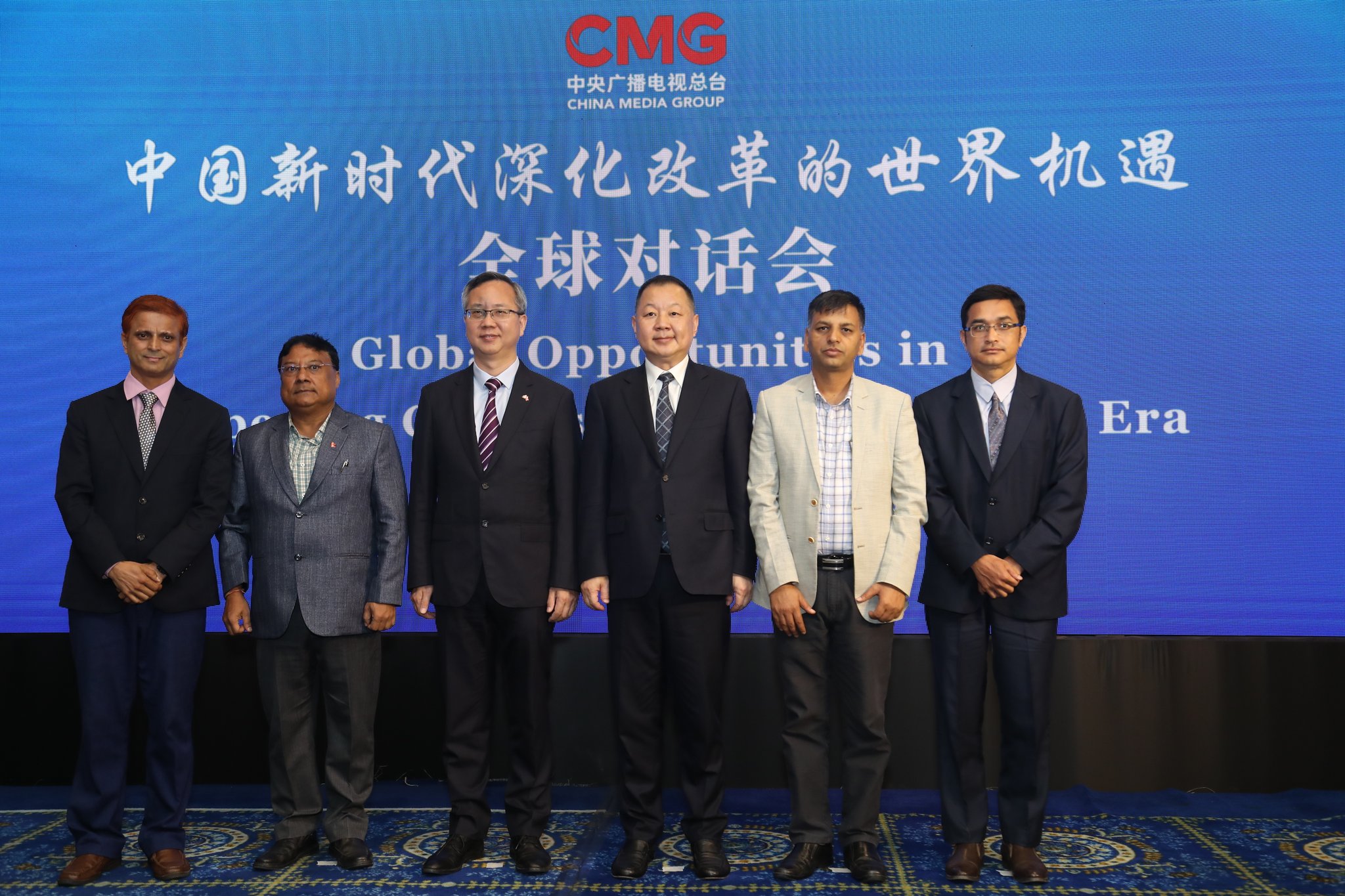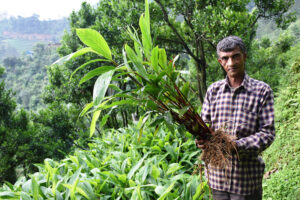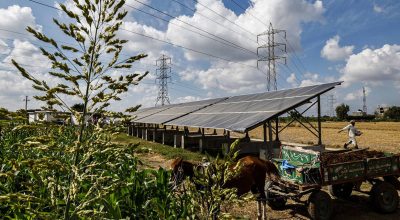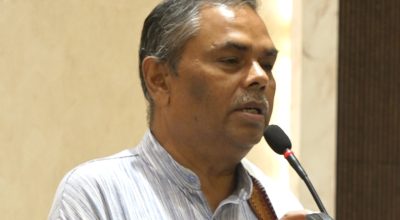
It is my privilege to address you in this esteemed forum. Today, I wish to share my perspective on how Nepal and China can forge a mutually beneficial partnership through media, unlocking boundless opportunities within the context of China’s Reform in the New Era.
President Xi Jinping, in his visionary leadership, introduced the concept of the “New Era” during the 19th National Congress of the Communist Party of China in 2017. This paradigm shift in governance and development transcends national borders, impacting the entire world. China’s unwavering commitment to multilateralism, vaccine diplomacy, sustainable resource management, and digital innovation provides invaluable insights for Nepal and the global community.
Having personally witnessed China’s progress under the leadership of President Xi, I am consistently amazed by its economic rise, rapid technological advancements, meticulous development initiatives, and successful poverty reduction efforts. China’s emphasis on green energy aligns with crucial environmental protection goals. There is much that Nepal and the rest of the world can learn from China’s experiences. Strengthening people-to-people relationships is pivotal in sustaining this mutual cooperation, and the media plays a vital role in achieving this objective.
While numerous Chinese initiatives are underway in Nepal, practical challenges persist. Negative narratives often exacerbate these issues. Shedding light on these projects is not only essential but also exerts pressure on the government, reaching beyond politicians to the very bureaucracy responsible for implementation. Indeed, the role of media in this endeavor cannot be overstated.
Misconceptions abound regarding the opportunities extended by the Chinese Government to Nepal and its citizens. While some may hesitate due to concerns about language, culture, and employment prospects, the reality tells a different story.
Despite ample opportunities, scholarship applications from Nepal to China remain surprisingly low. False rumors circulate, suggesting language barriers and doubts about post-graduation employment. However, the truth is that Nepali students excel academically, and returnees thrive in their professional fields.
Unlike the challenges faced by Nepali students pursuing education in Europe or America—financial burdens, social ties, and the need to work while studying—China has made substantial investments. Scholarships and robust support systems are available, making education accessible.
To counter myths, accurate information dissemination is crucial. Responsible media reporting, grounded in facts, plays a pivotal role in attracting potential students and fostering mutual understanding.
The media is not immune to bias or influence. In Nepal, where democracy thrives, the press wields immense power. However, at times, this power is misused—veering into sensationalism. The delicate balance between press freedom and responsible reporting remains a tightrope walk. While freedom of the press is essential, it must coexist with accountability and ethical standards.
With 832 newspapers, nearly 4,000 online news portals, 700 radio stations, and 150-200 television channels, Nepal boasts a vibrant media scene. Yet, quantity alone does not guarantee quality. The scarcity of journalists committed to factual reporting remains a challenge. Press freedom is essential, but it must coexist with accountability. Responsible reporting bridges the gap between sensationalism and factual journalism.
When it comes to reporting incidents related to China, Nepalese media often rely on Western sources rather than seeking firsthand information from the Chinese perspective. Consequently, misconceptions persist—whether about Belt and Road Initiative (BRI) projects or other endeavors. It is essential to bridge this gap by fostering direct communication channels and promoting accurate reporting. Let us seek firsthand insights rather than relying solely on distant narratives.
Nepal can learn from China’s technological advancements, including artificial intelligence and proper mobilization of social media. Training journalists to navigate these tools effectively is essential. Responsible reporting, grounded in facts and loyalty to the action, can transform chaos into clarity.
Inspired by China’s encouragement, our organization is dedicated to authentic, unbiased, and accountable journalism. We recognize that media play a pivotal role in shaping public opinion. Our shared commitment transcends borders. Together, we can create a media landscape that informs, empowers, and shapes responsible citizens. By fostering people-to-people relationships between Nepal and China through media collaboration, we aim to dispel myths, promote transparency, and build mutual understanding.
Journalists, like woodcarvers, shape narratives—carving out a path toward cooperation and shared prosperity. Here are some areas where Nepalese Media can cooperate with China, some of which we have already been doing:
- Cultural Exchange and People-to-People Connections:
- Organize joint cultural events, art exhibitions, and performances to foster mutual understanding and celebrate shared heritage.
- Promote cultural exchange programs that allow journalists, artists, and media professionals to experience each other’s countries firsthand.
- Educational Collaboration:
- Facilitate media training workshops and seminars where Chinese and Nepalese journalists can learn from each other.
- Encourage student exchanges between media schools in both nations to enhance journalistic skills and cross-cultural awareness.
- Tourism and Travel Journalism:
- Collaborate on travel features, documentaries, and blogs that highlight China’s diverse landscapes, historical sites, and vibrant cities.
- Share insights on Nepal’s natural beauty, heritages, trekking trails, and unique cultural experiences.
- Economic and Business Reporting:
- Explore joint investigative reporting on economic trends, trade relations, and investment opportunities.
- Cover success stories of Chinese businesses operating in Nepal and vice versa.
- Environmental Journalism and Sustainability:
- Collaborate on climate change reporting, conservation efforts, and sustainable practices.
- Share experiences in managing natural resources, protecting biodiversity, and promoting eco-friendly initiatives.
- Technology and Innovation:
- Exchange knowledge on emerging technologies, AI, and digital media trends.
- Jointly cover tech conferences, startups, and breakthroughs in both countries.
- Health and Pandemic Reporting:
- Share best practices in pandemic management, vaccine distribution, and healthcare infrastructure.
- Collaborate on health-related documentaries and awareness campaigns.
- Historical and Geopolitical Perspectives:
- Investigate historical ties between Nepal and China, including ancient trade routes and cultural exchanges.
- Analyze geopolitical developments in the region and their impact on both nations.
As we stand at the crossroads of information, our shared commitment to responsible journalism becomes our guiding light—a beacon that resonates with President Xi Jinping’s vision for a harmonious world. Just as woodcarvers shape intricate designs from raw timber, we, too, wield our pens and cameras to carve narratives that transcend borders, dispel myths, and foster mutual understanding. Our pursuit of truth transcends national flags. Whether reporting from the bustling streets of Beijing or the serene valleys of Kathmandu, our duty remains unwavering—to seek facts, challenge assumptions, and illuminate the path ahead.
In conclusion, let us embrace the power of responsible journalism. Together, we can shape a world where narratives carve paths toward cooperation—one that reflects our shared responsibility toward truth, transparency, and the well-being of our respective nations.
Senior Journalist and Chairman of Jana Aastha Media Group Mr Kishor Shrestha was addressing a seminar on ‘Global Opportunities in Deepening China’s Reform in the New Era’ in Kathmandu organized by China Media Group Asia Pacific and Sino Nepal Media Society on July 30, 2024.












